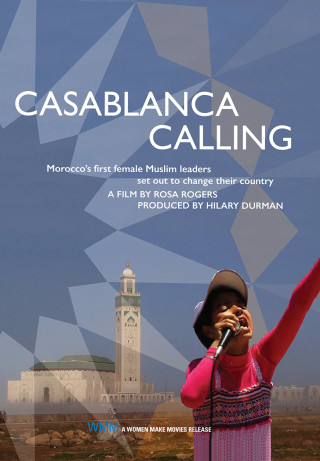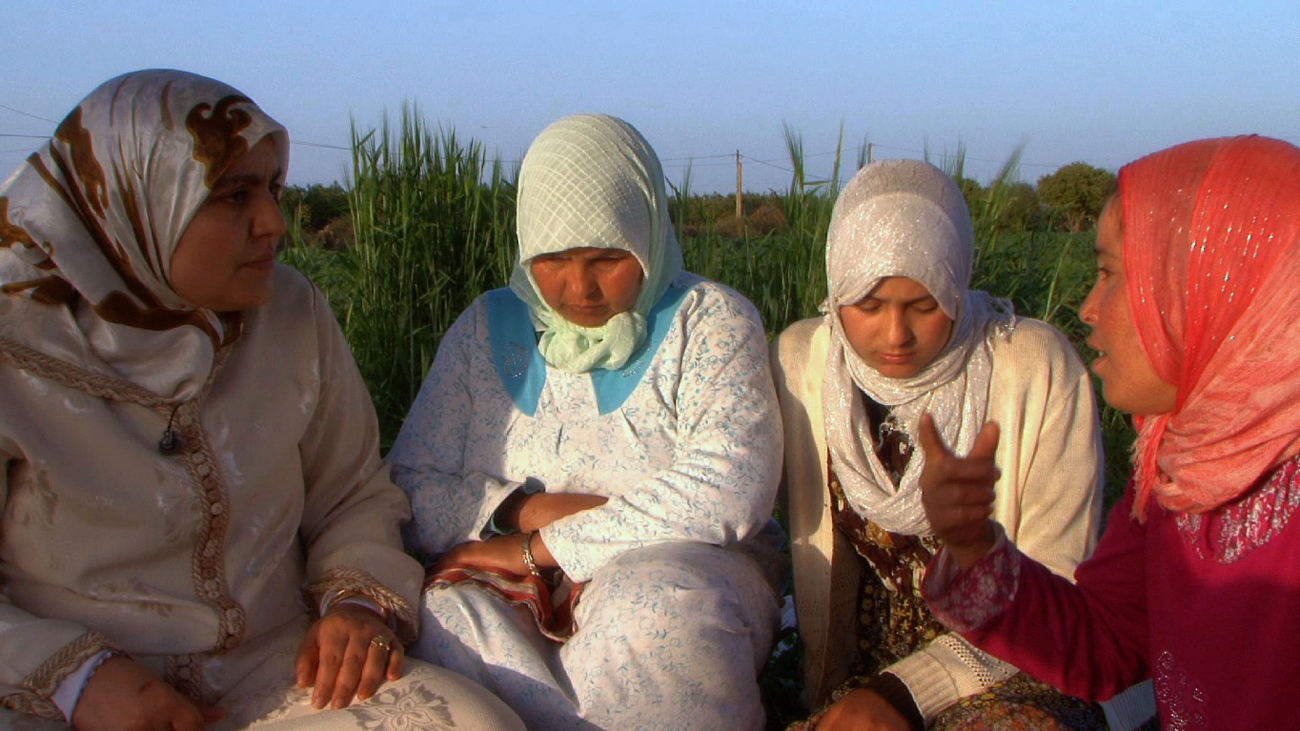Casablanca Calling
UK | 2014 | 70 minutes | Color | DVD | Arabic | Subtitled | Order No. 141133
SYNOPSIS
At the film’s heart are Hannane, Bouchra and Karima, three morchidat assigned to mosques in different parts of Morocco. CASABLANCA CALLING follows them for a year on rounds to schools and other sites to provide advice on marriage and employment; champion education for girls and women; caution against early marriage; and help resolve personal problems. Offering unique access to a story we rarely see, this illuminating documentary demonstrates how women’s empowerment through moderate Islam is transforming a nation.
PRESS
"It is a most engaging, informative and hopeful film."
"A deeply meaningful and important film about a new, enlightened generation of Muslim women leaders who will undoubtedly change the future of women in Morocco."
“***1/2 Offering an inspiring look at a little-publicized effort at humanitarian reform within Islam, this is highly recommended.”
“Their sense of feminist collectivity is so strong, it signals the beginnings of significant change, spreading throughout urban centres and rural villages, and seeping gradually into the greater public consciousness.”
SCREENING HIGHLIGHTS AND AWARDS
- Indonesian International Women’s Film Festival - Award of Excellence
- DOXA Vancouver
- Global Peace Film Festival
- One World Human Rights Film Festival
- Women’s Film Festival Vienna
- Berlin Feminist Film Festival
ABOUT FILMMAKER(S)
Rosa began her film making career making short experimental dance and poetry films for Channel 4 which won prizes at festivals around the world. She was drawn to the world of documentaries and over the past few years has directed many short documentaries for leading UK broadcasters which have been shown across several continents. Prize winning films include: THE GREATEST SHOW ON EARTH, the story of a deaf dancer who performs in the Rio Carnival; DRAGON PEOPLE, a young photographer’s journey through modern China; and BACK TO BOMBAY in which a British Indian woman travels to India to meet her family for the first time. She has twice been a finalist in the One World Media Awards. CASABLANCA CALLING is her first feature documentary, following the work of Morocco’s new generation of female Muslim leaders. Rosa is currently editing her second feature documentary, PIRATES OF SALE, which tells the story of the transformation of a group of disadvantaged young people in Morocco into world-class contemporary circus artists. (4/14)


